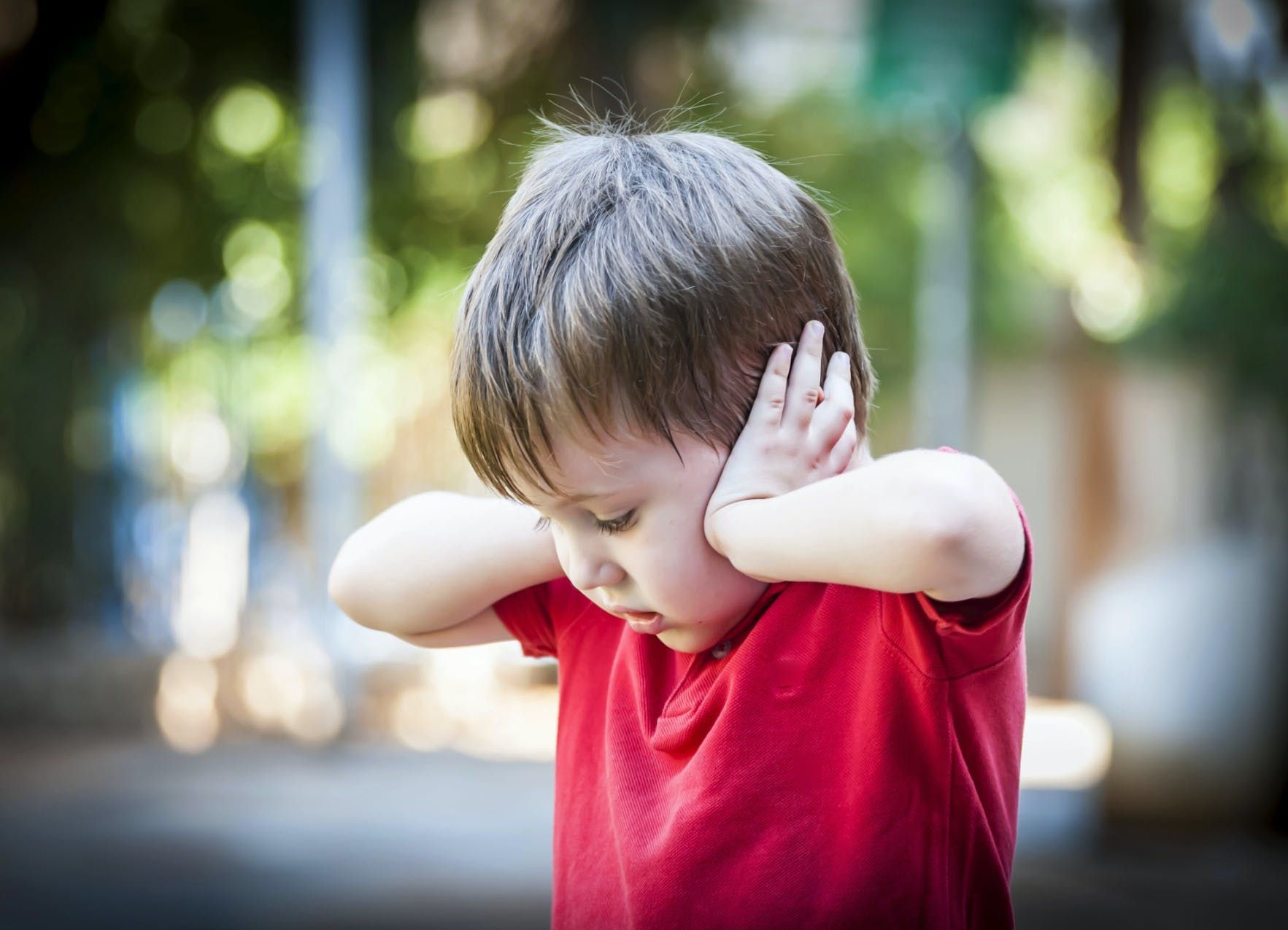Autism, or autism spectrum disorder (ASD) as it’s more precisely called, is a complicated neurological syndrome. It can cause lifelong problems with learning, communication and social interaction.
Though there isn’t a cure for autism spectrum disorder, symptoms are typically managed with a variety of potent medications such as antipsychotics and antidepressants.
But recent research on connections between ASD and the endocannabinoid system reveals that cannabidiol (CBD) can improve autism symptoms more effectively than pharmaceuticals can—and without the risk of severe side effects that often come with the latter.
What Is Autism Spectrum Disorder?
Autism spectrum disorder is a condition that arises from abnormal neurological development in the brain.
In general, ASD affects how people interact with others and with the environment. This disorder is typically diagnosed in early childhood when a child is unable to meet developmental milestones in language and social skills.
Some children may develop normally in their first year or so, but then regress between the ages of 18 and 24 months.
ASD symptoms, which fall anywhere on a spectrum from very severe to relatively mild, can commonly include:
- Limited, repetitive behavior patterns, such as rocking, flapping the arms or spinning
- Impaired communication skills. Some severely autistic children don’t speak at all, while others may speak in a monotone or abnormal rhythm. Most people with ASD have problems participating in conversations or understanding certain words and phrases.
- Raging behaviors, such as unpredictable outbursts of anger or violence
- Having a hard time expressing or understanding feelings. People with ASD often have trouble interpreting facial expressions, making eye contact or interacting in social situations.
- Fixations on certain objects or motions, such as spinning wheels or sparkling lights
- Problems with touching or being touched. Autistic children often resist being held or cuddled; older people with ASD usually don’t like to be hugged or shake hands
- Sleep problems such as trouble falling asleep or disturbed circadian rhythms
Along with these kinds of symptoms, ASD is also associated with other neurological issues, such as:
- Anxiety
- Depression
- Obsessive-compulsive disorder
- Attention deficit disorder
- Epilepsy
RELATED: CAN CBD HELP WITH THE SYMPTOMS OF OCD?
What Causes ASD?
Researchers believe that ASD is due to neurological abnormalities that develop before birth. But the cause of these abnormalities is still unclear.
There’s no genetic, brain imaging or electrophysiological test that can identify a specific marker for the disorder. ASD is usually diagnosed by observations about a child’s behavior and skills.
Still, some contributing factors are known. There appears to be a genetic component, meaning a child runs a greater risk of developing ASD if someone else in the immediate family has it.
Certain environmental factors can also raise the risk of ASD. Prenatal exposure to toxins and chemicals can affect neurological connections in the developing brain. These factors can also account for the varied symptoms of ASD.
Since the causes of ASD aren’t entirely clear, treatment has focused on relieving specific symptoms with a range of medications, including:
- Antipsychotics
- Antidepressants
- Hypnotic drugs
But in many cases, these medications don’t work. And even if they do, they can cause severe side effects like:
- Heart arrhythmia
- Seizures
- Suicidal thoughts
Can CBD Relieve Autism Symptoms?
Research shows that CBD, an abundant cannabis compound that doesn’t make consumers feel high like cannabis can, may relieve symptoms of many disorders that occur along with ASD, including:
- Anxiety
- Depression
- Epilepsy
- Obsessive-compulsive disorder
- Attention deficit disorder
Relatively few studies have explored the connection between CBD and ASD, largely because ASD occurs in early childhood, and researchers are reluctant to conduct cannabis-related studies that involve children.
But a groundbreaking 2017 study in Israel shows that high concentrations of CBD can have a powerful effect on ASD symptoms.
This research, conducted at Jerusalem’s Shaare Zedek Hospital, was inspired by studies on the use of CBD for children with severe forms of epilepsy who don’t respond to other treatments. These studies led to the development of the FDA-approved medication Epidiolex, a CBD-based drug created by Britain’s GW Pharmaceuticals specifically for these rare childhood epilepsies.
Because epilepsy occurs with autistic individuals at far higher rates than it does in the general population, researchers in Jerusalem decided to find out whether CBD may also help relieve symptoms of ASD.
Their study, published in the journal Neurology, revealed that after treating 60 autistic children with high concentrations of CBD for seven months:
- 80% of participants experienced a decrease in problematic behaviors.
- Half of the children exhibited improved communication skills.
- 40% experienced less anxiety.
The Science Behind How CBD Helps Ease Autism Symptoms
CBD can relieve some of the most problematic symptoms of ASD, because of its effects on the body’s endocannabinoid system. This extensive network of receptors occurs throughout the body’s tissues and organs, and it plays a major role in regulating many essential processes related to:
- Mood
- Pleasure and reward
- Concentration
- Sleep
- Appetite
Disruptions in these processes seem to be responsible for many of the common symptoms of ASD, even though the root cause may be unclear.
Glutamate and GABA are essential neurotransmitters that normally work in balance with each other. Glutamate is a very abundant chemical that activates, or excites, signaling between brain cells. Too much glutamate overstimulates brain signaling, causing:
- Irritability
- Anger
- Problems with processing information, memory and attention
On the other hand, GABA is inhibitory; it blocks glutamate signaling and damps down the excitation, invoking calm and a positive mood.
Researchers believe that ASD is associated with an imbalance in these two signaling systems. And it turns out a number of studies have shown that CBD can help restore a balance between glutamate signaling and GABA production.
This explains why CBD can help with anxiety, depression and other mood disorders—and why it can help:
- Calm agitation
- Reduce outbursts of anger
- Manage other symptoms of ASD
CBD can also play an important role in balancing brain signaling related to making social connections.
Oxytocin and vasopressin are neurotransmitters released in activities related to:
- Social connections
- Promoting feelings of warmth, affection and pleasure
But research suggests that in people with ASD, these signaling systems are also dysfunctional. This makes it hard for those with ASD to:
- Interact with others
- Feel empathy
- Read facial expressions and body language
CBD appears to boost the release of oxytocin and vasopressin. This can help reduce autism’s repetitive behaviors and improve social interactions.
Over the past 30 years, diagnoses of autism spectrum disorder worldwide have tripled. Scientists are still working on understanding the causes of this mysterious disorder. But recent research shows that CBD can relieve many of its symptoms, without the risks and side effects of typically prescribed pharmaceuticals.
Photo credit: Roman Yanushevsky/Shutterstock.com
Want to try CBD, but don’t know where to start? Shop our selection of high-quality, lab-tested CBD products and have them shipped to your door. And if you have questions about CBD, ask them and our community will answer.






